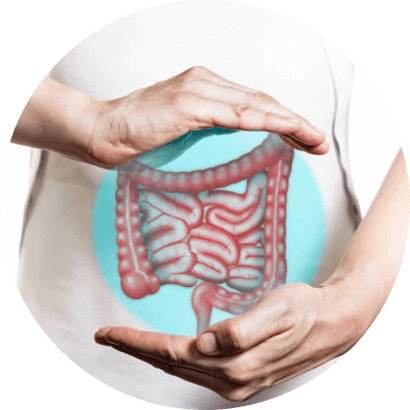
What Is An Anorectal Manometry?
The anal sphincter is a ring of muscles that controls the opening and closing of the anus. Anorectal manometry is a test that allows healthcare providers to assess the functionality of the rectum and anal sphincter. The test involves inserting a small catheter into the anus, which is connected to a machine that records sphincter pressure.
When Will You Need An Anorectal Manometry?
Anorectal manometry is commonly performed on individuals experiencing conditions such as:
- Faecal incontinence
- Severe constipation
- Hirschsprung’s disease in children
What Does Anorectal Manometry Involve?
Before Anorectal Manometry
Before the procedure, your doctor will explain the reasons and steps involved. You will be instructed to take a cleansing bowel formula (a laxative) at home the day prior to your appointment.
During the Procedure
Anorectal manometry can typically be performed in your doctor’s clinic as it is a simple and painless procedure. You will be asked to lie on your side with your knees drawn toward your chest. Your doctor will then gently insert a small catheter, about the size of a thermometer, with a balloon attached at the end into your anus. The balloon will be gradually inflated to detect the contractions and relaxations of the rectum and anal sphincter during various squeezing and relaxing movements. The catheter is connected to a machine that records all results for later interpretation. The entire procedure usually lasts around 10-15 minutes.
After the Procedure
The procedure is typically performed on an outpatient basis, so you can go home immediately afterwards and resume your normal activities and diet right after the test.
Possible Risks and Complications
Anorectal manometry is a very safe procedure with minimal risk. You may experience some anal discomfort or irritation after the procedure, as well as minor bleeding if you have pre-existing anorectal conditions like haemorrhoids.
For more information or to schedule a consultation with Dr. Mouhsen Al Hosein, contact today.
FAQs
How should I prepare for the anorectal manometry test?
You will need to take a laxative the day before the procedure to ensure your bowels are clear.
Is anorectal manometry painful?
No, the procedure is generally painless, though some patients may experience slight discomfort.
How long does the test take?
The entire procedure typically lasts about 10-15 minutes.
Can I eat before the test?
Your doctor will provide specific instructions, but generally, you may need to avoid solid food the day before.
What should I expect after the test?
You can return to your normal activities immediately, although you might experience minor discomfort or irritation.
How often is anorectal manometry performed?
It is commonly used to evaluate patients with faecal incontinence, severe constipation, and other anorectal disorders.
Will I receive the results immediately?
Your doctor will interpret the results and discuss them with you during a follow-up appointment.
Are there any long-term effects of anorectal manometry?
There are typically no long-term effects; any discomfort experienced usually resolves shortly after the procedure.
BOOK APPOINTMENT


